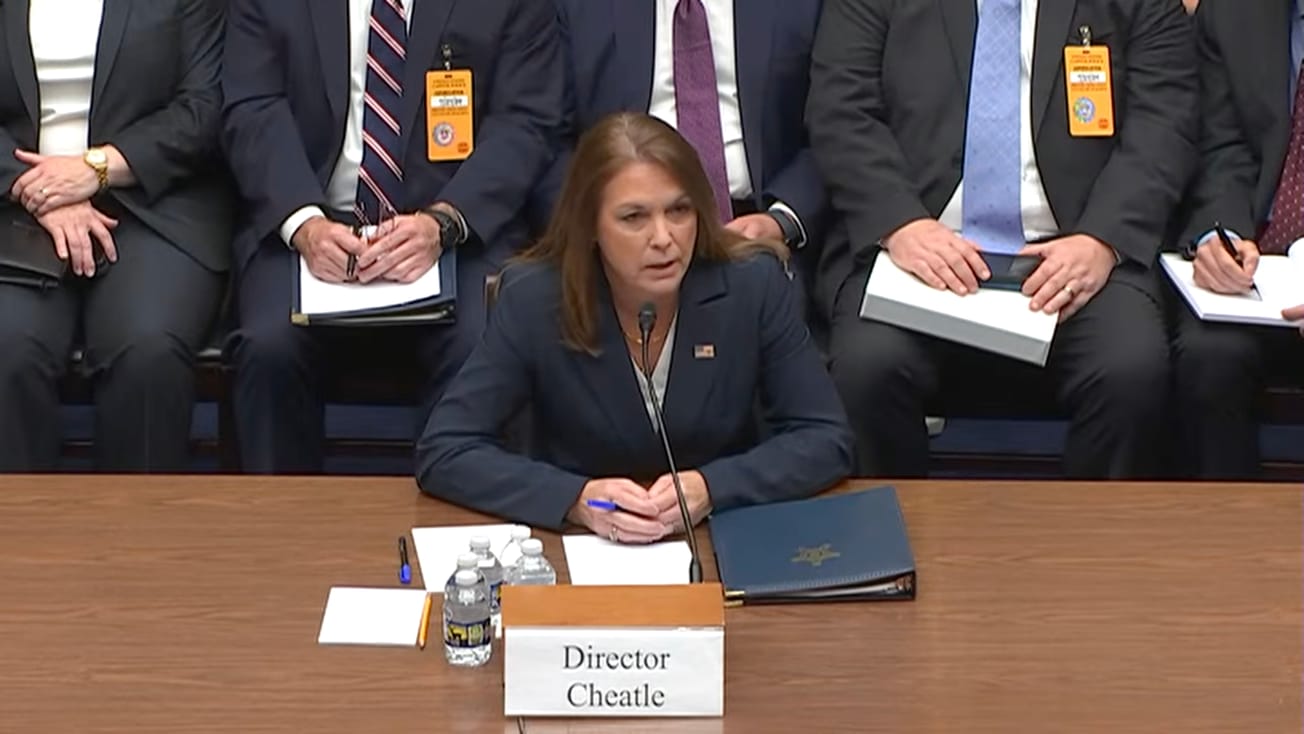April 2, 2024 (EIRNS)—Israel has demonstrated to the world what it thinks of international law. It scorned the Vienna Convention by striking an Iranian diplomatic building in Damascus, which increases the risks of the regional expansion of the current conflict. It has thumbed its nose at the International Court of Justice by working to dismember UNRWA, the lead institution responsible for humanitarian assistance to Palestinians. Not content to rest on its laurels, it then killed several members of the internationally staffed World Central Kitchen, who were transporting food aid within Gaza.
Contrast the responses: Countries around the world have condemned Israel’s violation of the Vienna Convention (among other aspects of international law) in its strike on Iran’s embassy in Syria. Iran vows it will retaliate. But the United States is moving forward with new arms sales to Israel and has essentially given Israel the green light for its planned assault on Rafah.
Meanwhile, as NATO looks for new ways to provoke Russia, that nation continues its investigation of the Crocus Concert Hall attack, which it has blamed on Ukraine and its supporters, and additional arrests have been made, in Dagestan, of individuals thought to be connected with the attack.
Former U.K. diplomat Alastair Crooke has asked the obvious question: “Why is it that the EU and the U.S. are so adamant about who is behind the Crocus Concert Hall atrocity, that they will not wait out the investigation? Within 55 minutes of the attack, the U.S. spokesperson said, ‘Ukraine wasn’t involved.’ Now the U.S. is saying—definitively—that only ISIS was involved. Why are Western states so certain? It is most unusual for Intelligence services to pronounce within the hour.”
There is a slight glimmer of sanity in NATO-land. A government research service in Germany has responded to a question raised by a member of the parliament. They conclude that if France decides to send troops to Ukraine, they aren’t NATO troops, and would not be under the protection of NATO’s Article 5.
In another relatively stable development, Presidents Joe Biden and Xi Jinping spoke by phone. The call, the first between the two since July 2022, was called a candid, frank, and constructive discussion by both sides. President Xi laid out the parameters for peaceful relations between the two powers, whose relationship Biden identified as the world’s most important. Xi called for peace, stability, and credibility, as would be implemented through making a reality of the vision shared by the two leaders in their discussions in San Francisco last year. The call had no dramatic outcomes, but its very occurrence provides some stability in a tumbling world.
But the “leading” institutions of NATO land—bereft of the kind of thinking capable of jettisoning the demands for hegemony that are leading the world to the brink of war—cannot be counted on for a successful resolution to the crisis confronting mankind.
Look to the LaRouche movement:
Helga Zepp-LaRouche was interviewed at length by streaming host Kim Iversen. LaRouche interventionist Kynan Thistlethwaite injected reality into a forum at a leading journalism school in New York City. “The real enemy of neo-colonialism is real economic development,” a Schiller Institute leader in France explained in an interview. A member of the LaRouche movement in Germany addressed an Easter peace march, bringing a worked out vision of peace through development. Schiller Institute leader Karel Vereycken published a detailed report on development in Southwest Asia, with a focus on water.
The only way to achieve stability in current history is to act to shape it.
On Saturday, April 13, the Schiller Institute will hold a conference on the Oasis Plan, to be addressed by diplomats, political leaders, economists, activists, and scientists, which will show how a region considered an epicenter of perpetual conflict—Southwest Asia—can be transformed into an area of intense development and growth, possible only under a new paradigm.









